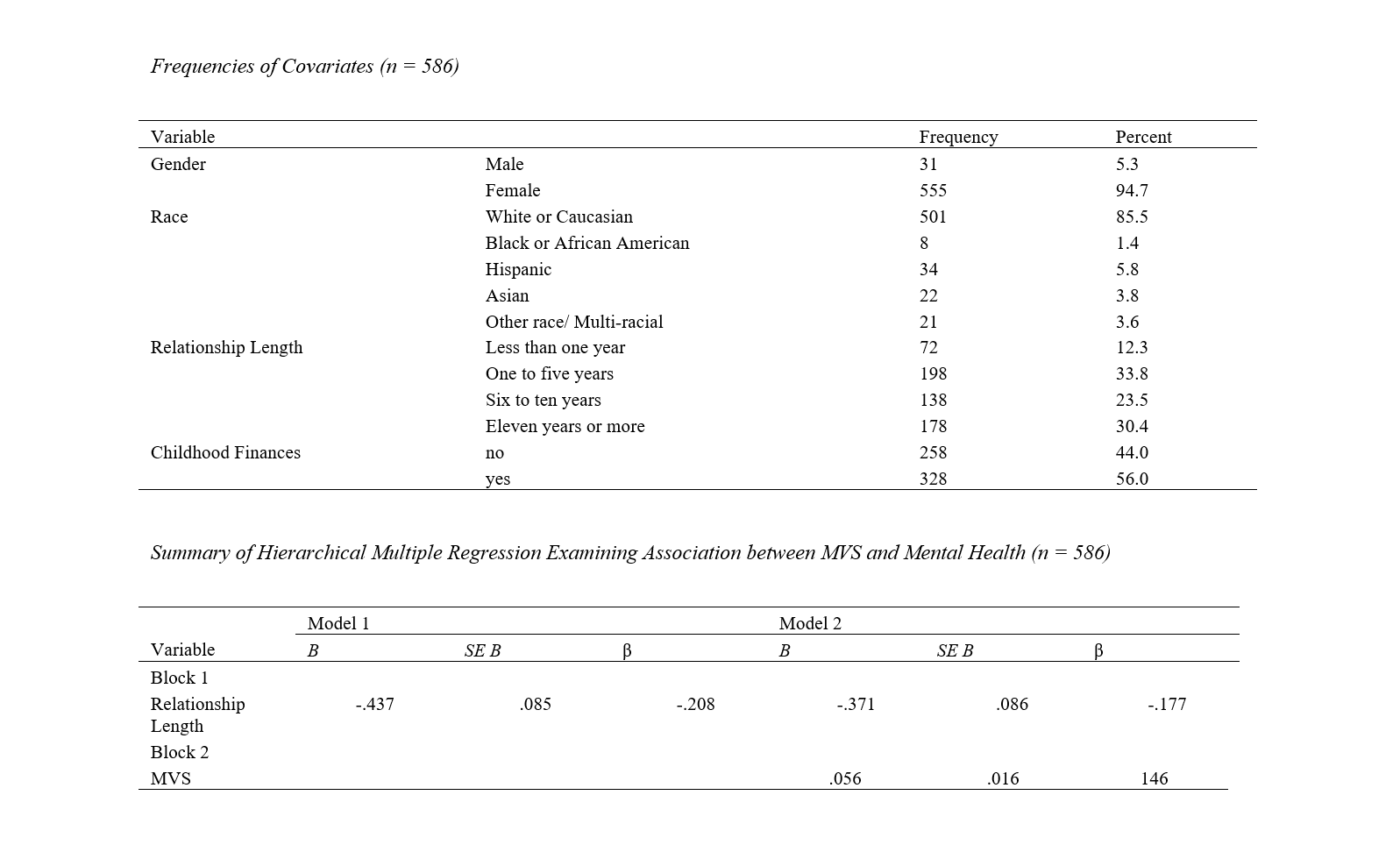The Impact of COVID-19 Quarantine on Lifestyle, Cognitive Function, Overweight, and Sleep Quality of Children and Adolescents
Keywords:
COVID-19, lifestyle, cognitive function, overweight, sleep qualityAbstract
Objective: The current study investigated the impact of COVID-19 on lifestyle and cognitive function, overweight, and sleep quality among children and adolescents in Abyek city during the quarantine period.
Method: In this study, a descriptive-analytical research method was used, and a combination of stratified and multi-stage cluster sampling was employed for sampling. The study population included 2152 students (1184 girls and 968 boys) from elementary and middle school levels in Abyek city. Data were collected using electronic questionnaires, which were a compilation of the Food Frequency Questionnaire (FFQ localized in 2009), Beck Physical Activity (Beck et al., 1982), Cognitive Function (Nejati et al., 2013), and Pittsburgh Sleep Quality Index, sent online to the students. Subsequently, the collected data were analyzed and examined.
Findings: This study found no significant correlation between students' BMI and their dietary habits or physical activity level (p > 0.001, rs = 0.45) as well as between physical activity level and dietary habits or cognitive performance. However, there was a significant positive correlation between sleep quality and physical activity level scores (p < 0.011, rs = 0.26), and between cognitive performance and sleep quality (p < 0.001, rs = 0.49). Regarding gender differences, male students had a higher Body Mass Index (BMI) and physical activity level compared to female students (p = 0.018 and p < 0.001, respectively), and there was a significant difference in dietary habits between boys and girls (p = 0.006). No significant difference was observed between boys and girls in terms of sleep quality and cognitive performance (p = 0.180 and p = 0.693, respectively).
Conclusion: According to the study, it appears that changes in diet, physical activity, and sleep quality affect students' cognitive performance during the COVID-19 quarantine. These results indicate that planning to maintain and control physical activity, nutrition, and sleep quality during quarantine is essential to mitigate potential negative effects on students' cognitive performance.
Downloads

Downloads
Additional Files
Published
Issue
Section
License
Copyright (c) 2024 Mehdi Salehi (Author); khadijeh irandoust (Corresponding Author)

This work is licensed under a Creative Commons Attribution-NonCommercial 4.0 International License.




















